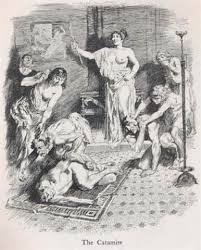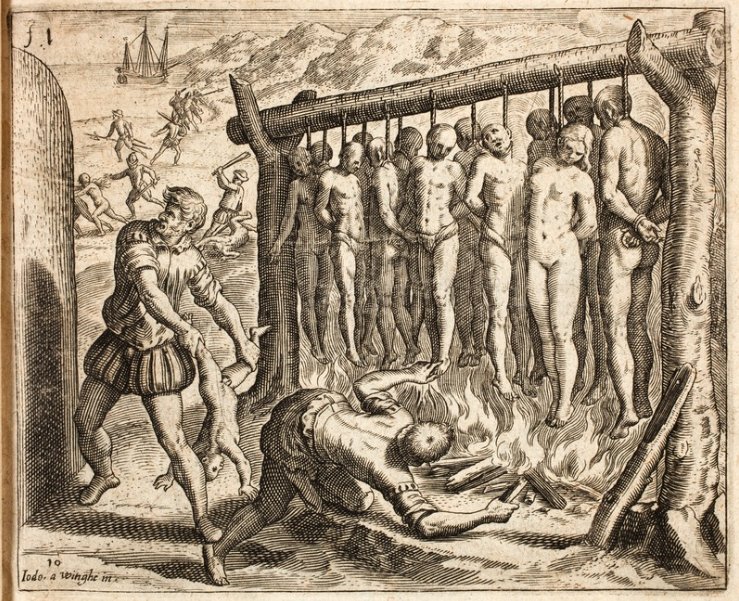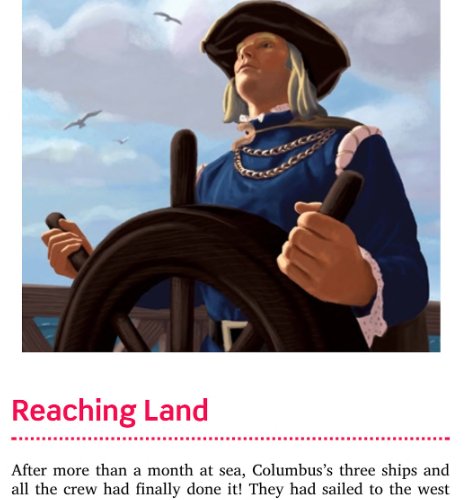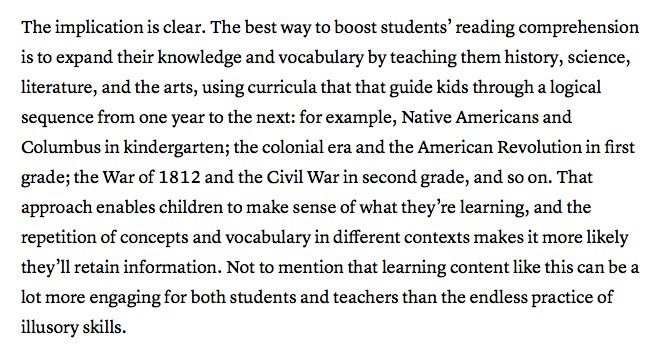3. We teach about the American enslavement of Africans as an exclusively southern institution.
Thoughts: @mercury_witch we teach slavery like it doesn't exist anymore
@mercury_witch this is terrifying, bc we do this to CHILDREN. @ala_Camillae recounts experience from middle school, where she was made to reenact the Underground Railroad:
@mercury_witch

6. We rarely make connections to the present.
@Brododaktylos how to you approach modern slavery as a white, untrained graduate student @rympasco I guess you train yourself @mercury_witch that's still very difficult
@mercury_witch when applied to the ancient world, we tend to center on the slaveowners. @i_nurmi since we don't have many preserved writing from slaves tendency is to focus on the authors, unfortunately
Suggestions for doing better:
1. Improve Instruction About American Slavery and Fully Integrate It Into U.S.
@mercury_witch talks about how we teach ancient comedy and the horrifying idea that slaves viewing performances as cathartic @i_nurmi Terence was most certainly a slave; Plautus was likely a slave;
@mercury_witch what can we do to improve textbooks; references how Roman c @Brododaktylos ? last week - who wants to write textbooks, and how to do we do this; @rympasco collaborate with others - make a communal document - things that are always taught,
@mercury_witch moves onto "Teaching Slavery in the High School Latin Classroom" - article made it feel v accessible, even easy, to do this. She summarizes some of @danibostick's initial exercises: 1. Having students write about assoc w "property"














